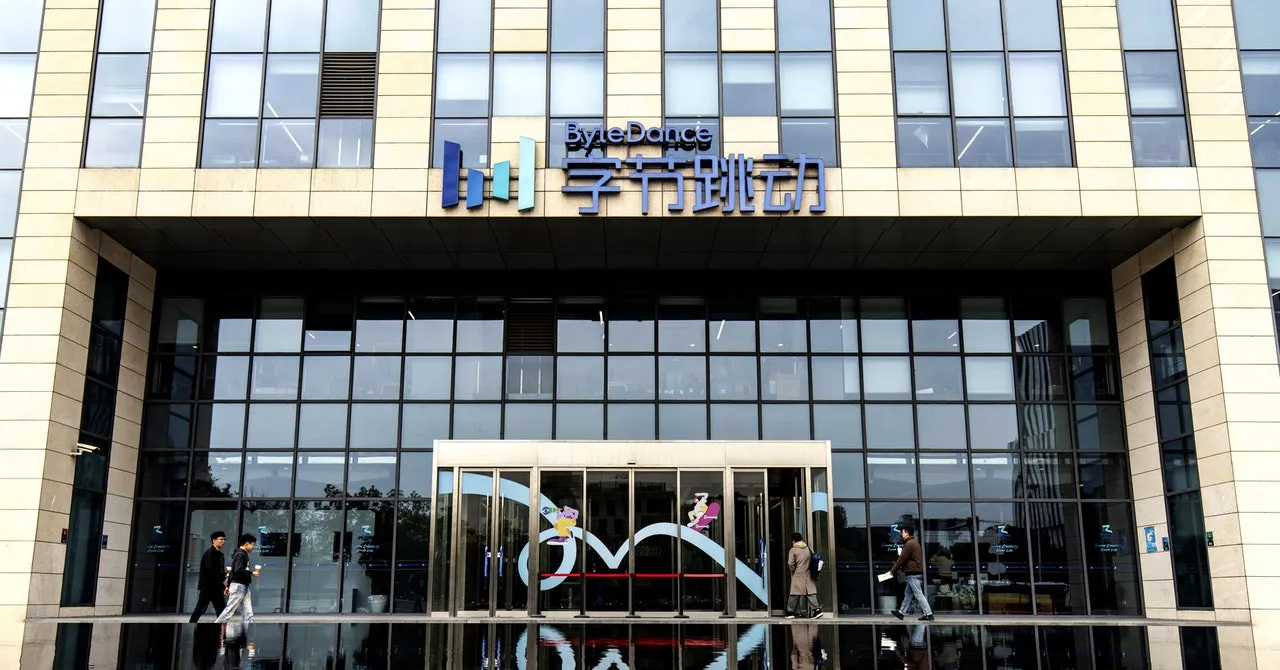ByteDance Intern Sabotage Allegations Spark Debate at AI Award Ceremony

ByteDance Intern's Irregularities Center Stage at AI Ceremony
A former ByteDance intern, Keyu Tian, has been thrust into the spotlight following his recent accolade for a groundbreaking paper presented at the Neural Information Processing Systems (NeurIPS) conference. Despite his achievement, allegations of sabotaging colleague work have raised serious ethical concerns within the AI community.
The Controversial Paper and Accusations
Tian's award-winning paper, titled "Visual Autoregressive Modeling: Scalable Image Generation via Next-Scale Prediction", proposes a new method for AI-generated images. Despite its innovative nature, the controversies surrounding Tian's previous conduct led to conversations about the integrity of academic research.
- Key Questions:
- How does professional misconduct influence research credibility?
- What are the implications for the academic AI community?
Ethical Implications and Community Response
The NeurIPS committee's choice to award Tian has sparked a backlash, with critics questioning the standards upheld in evaluating research contributions. Tweets from prominent figures in AI have highlighted the need for accountability and ethical review processes.
- Review of the situation by ByteDance and investigators.
- Engagements on social media platforms discussing the future of AI ethics.
- Calls for a reevaluation of conduct in academic awards.
As discussions unfold, the future of AI research hangs in the balance, raising critical questions about ethics, integrity, and the very foundation of the scientific community.
This article was prepared using information from open sources in accordance with the principles of Ethical Policy. The editorial team is not responsible for absolute accuracy, as it relies on data from the sources referenced.